Epistolarum Obscurorum Virorum ad Dom. M. Ortuinum Gratium, Volumina Duo is a significant collection of satirical letters from the Renaissance period, compiled by Heinrich Wilhelm Rotermund. Written in Latin, these letters offer a humorous and critical perspective on the intellectual and religious debates of the time. The collection, described as being assembled from numerous books, presents a unique insight into the cultural landscape of the era. This work remains relevant for scholars and enthusiasts interested in Renaissance literature, satire, and the history of ideas. The letters provide valuable context for understanding the social and intellectual currents that shaped early modern Europe. This work has been selected by scholars as being culturally important, and is part of the knowledge base of civilization as we know it. This work was reproduced from the original artifact, and remains as true to the original work as possible. Therefore, you will see the original copyright references, library stamps (as most of these works have been housed in our most important libraries around the world), and other notations in the work. This work is in the public domain in the United States of America, and possibly other nations. Within the United States, you may freely copy and distribute this work, as no entity (individual or corporate) has a copyright on the body of the work. As a reproduction of a historical artifact, this work may contain missing or blurred pages, poor pictures, errant marks, etc. Scholars believe, and we concur, that this work is important enough to be preserved, reproduced, and made generally available to the public. We appreciate your support of the preservation process, and thank you for being an important part of keeping this knowledge alive and relevant.
Bitte wählen Sie Ihr Anliegen aus.
Rechnungen
Retourenschein anfordern
Bestellstatus
Storno

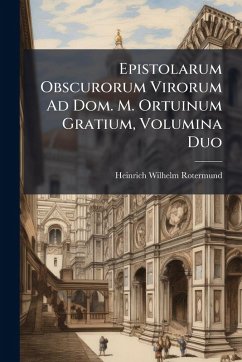
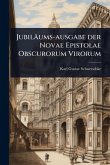

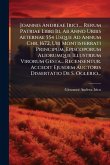
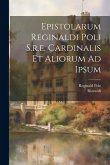
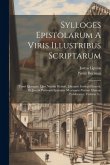
![Francisci Petrarcae EpistolÃ] De Rebus Familiaribus Et VariÃ] Francisci Petrarcae EpistolÃ] De Rebus Familiaribus Et VariÃ]](https://bilder.buecher.de/produkte/75/75086/75086742m.jpg)
